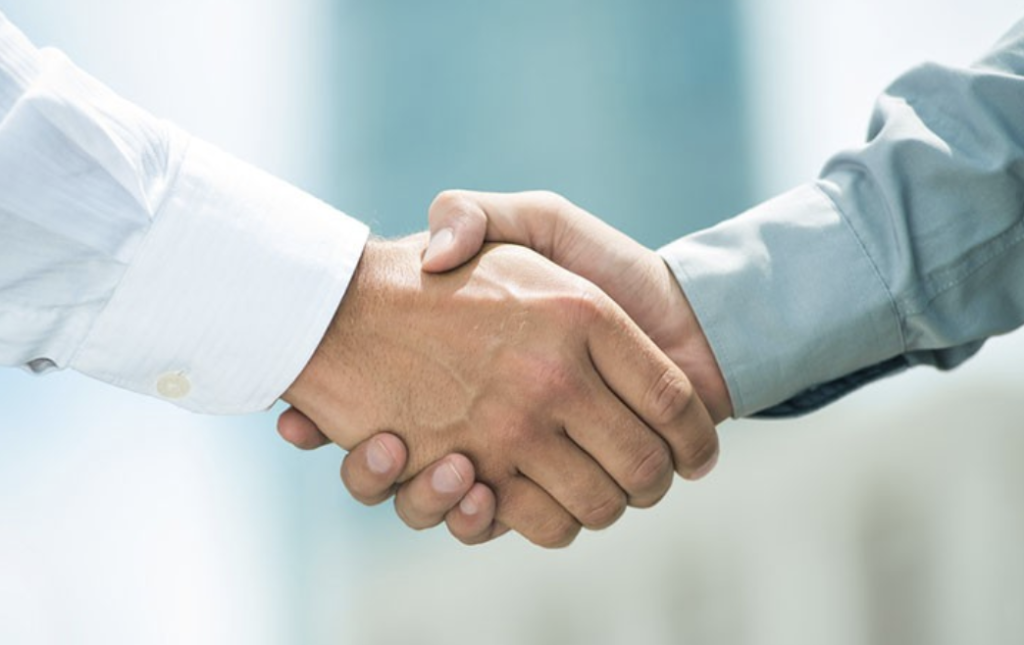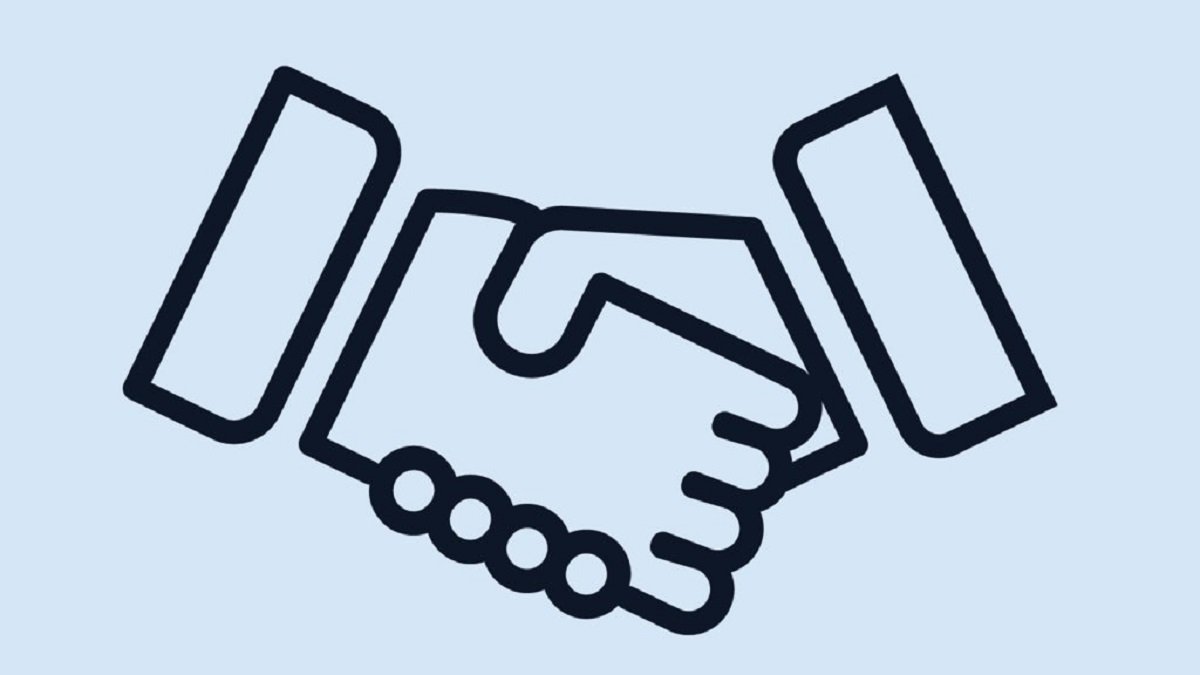Do you think of yourself as polite? Or maybe you’d want to learn Habits to be a Polite Person? The good news is that you can emulate a polite person you respect by beginning to be nice right now.
You could assume that someone is polite and replies “yes, sir/ma’am” to everything, loves to assist everyone, and gets trampled on by others (a.k.a. a doormat). Conversely, being nice entails acting with tact, consideration, politeness, and respect. A courteous person, therefore, behaves well and takes care not to upset others.
Ways To Be Polite

1. Say “Please” and “Thank you”
Your mother was correct: The expressions “please” and “thank you” are the grease that keeps polite society functioning properly, which is why the golden rule of etiquette is so valuable.
Even while adults often fail to follow this one of the vital Habits to be a Polite Person, these are frequently the first rules we teach children. Recall that you are never too old to be polite and appreciative to others! You can prevent a lot of these 20 impolite restaurant faults by just doing this one thing, so stop doing it right now.
2. Don’t Ask Very Personal Questions
It’s not the right way to find out more about someone to ask personal inquiries. She says that even if you’re itching to find out more about someone, you will have to be circumspect in your questioning and allow them to share personal things.
While it’s true that people like talking about themselves, a courteous person would let the other person speak first instead of pressuring them to reveal anything they could later regret. It is one of the best Habits to be a Polite Person.
3. Ask for Permission
Asking for permission is an answer to How to be Polite. Polite individuals avoid making assumptions. Frequently, before acting or interacting with someone else, they will inquire, “May I?” Being courteous entails considering the sentiments of the other person, thinking before you ask, and being aware that someone else could be uncomfortable.
Don’t be offended if this occurs to you since in many cultures it’s okay to momentarily put your hand on someone’s arm while you’re conversing. In this situation, retreating will only make you seem rude and unfriendly, so always be mindful of culture and how a community defines polite behaviour.
4. Don’t Gossip or Listen to Gossip
The inside scoop is too good to pass up. It is difficult to avoid having debates about the reasons behind someone’s choices, the drives behind their behaviour, the details of their secret objective, and even if Mark is dating Lizzie from marketing.
Remarkably polite people are aware that hearing rumours about others makes you ponder about your reputation. Courteous individuals tend to excuse themselves and go on when someone begins to speak negatively about another person. They don’t fear losing the respect of a gossiper since, in any case, a gossiper doesn’t value other people.
Talking candidly about your ideas and emotions and wanting to offer the inside scoop is not gossip; rather, it is being sincere. That’s how civilized people behave.
5. Don’t Interrupt Others
One of the Habits of being a Polite Person is not interrupting others while they speak. A polite individual doesn’t talk over other people. Rather, they wait for someone to complete speaking before responding or continuing the discussion. Additionally, the act of being courteous implies that one is an excellent listener.
Rather than listening to the answer, they listen, considering what the other person is saying in order to contribute to the discussion and make a suitable (and courteous) response.
6. Admit When You’re Wrong
Although admitting one’s mistakes is unpleasant, a courteous person will accept responsibility for their actions, own up to their errors, and make every effort to avoid repeating them. Some individuals find it difficult to accept when they are mistaken, and this makes them seem conceited and uneducated rather than intelligent.
7. Never Push Your Opinions
Everybody knows. Cool items. Fantastic stuff. Just be careful to distribute such items in the appropriate contexts. Mentors, feel free to share. Go ahead and share if you’re a leader or coach. Don’t tell us what to get until we ask, if you’re the man who recently began a paleo diet.
Exceptionally courteous people are aware that what is right for one person may not be right for another, and even if it is, it is not their job to choose that for you. As with most things in life, the key to giving wise counsel is knowing when to provide it, and courteous individuals are aware that this is usually soon after they are asked. They never pass judgment.
When they talk to someone, they don’t pass judgment on them. They do not pass judgment on others. They don’t pass judgment on other people, nations, or anything else. Why? Remarkably courteous people are aware that they are also fallible.
8. Treat Everyone with Respect
You treat everyone equally and with respect when you are courteous. This implies that you should treat everyone with respect, regardless of their position—whether they are the CEO of a Fortune 500 firm, the mailman, or the janitor. Show consideration and decency to the store assistant, the bus driver, and the counter clerk.
9. Remember Names
Remembering the names of people you interact with is a solution to How to Be Polite. When someone is presented to you, you go out of your way to remember their name out of courtesy. In order to make the individual feel noticed, you also address them by name.
Try this if you’re having problems with it. To ensure you know which Chris is which, pay close attention, repeat people’s names (or write them down after the discussion and take some notes), and deliberately choose to recall people’s names.
Final Thoughts
The straightforward idea of Habits to be a Polite Person is derived from a number of values, including empathy, moderation, compassion, and respect. As previously said, polite people are more than simply obedient bystanders to manners. They deliberately live out behaviours that improve their relationships and add a little brightness and harmony to the environment.
These actions, which range from active listening to abstaining from passing judgment, are a reflection of one’s inner self and everyday deliberate decisions. In an increasingly divided and even turbulent society, the importance of civilized individuals is strikingly highlighted as exemplars of decency and decorum.
Their acts of civility serve as a reminder that being nice and considerate to others isn’t outdated. It is, in fact, ageless. Accepting and using etiquette is an investment in one’s development as well as in creating a society that is more sympathetic and understanding.
FAQ
Q: How important is politeness in our daily lives?
A: In conclusion, being courteous and showing respect are critical traits that support collaboration, understanding, and the development of strong bonds. They are essential to building a happy, healthy community where people are appreciated and feel important.
Q: In what way can politeness convey respect?
A: Honor and recognize the roles, responsibilities, and positions held by others. Be courteous of gender, ethnicity, religion, political opinions, and other potentially contentious or challenging topics while using language.
Q: What is the politeness principle?
A: The six maxims that make up the principles of politeness are agreement, humility, tact, generosity, approval, and compassion. These maxims are explained in more depth in the following. In this instance, Leech said that a person’s urge to be courteous to others increases with the length of their speech.











